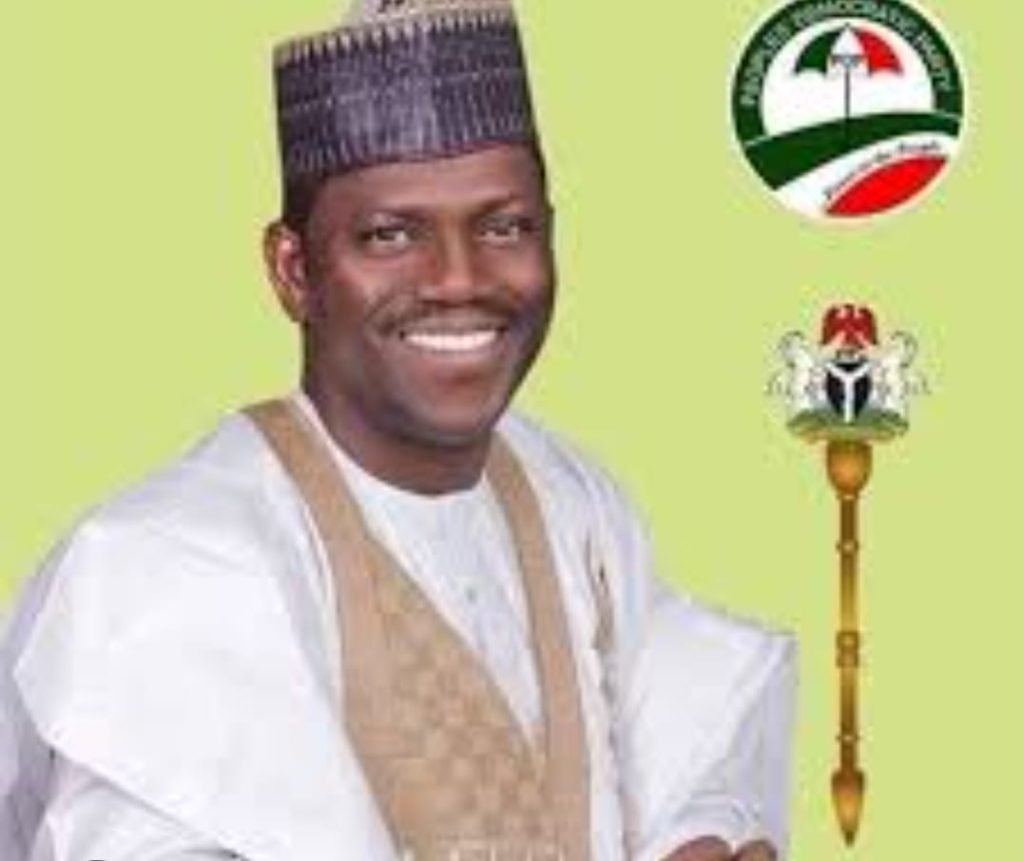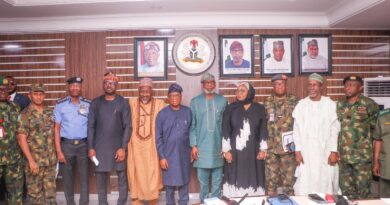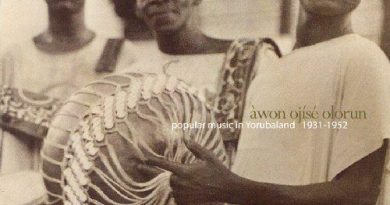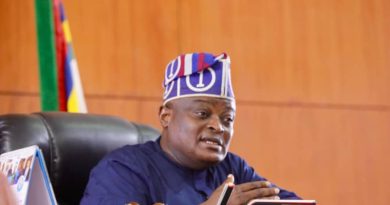2027: Why Hon. Midala Balami Must Go, As Youths In Hawul And Asikira/Uba Federal Constituency Reject ₦500,000 As Sallah Gift
By James Bwala
The youths of Hawul and Askira/Uba Federal Constituency have expressed significant regret over their decision to vote for Hon. Midala Balami of the People’s Democratic Party (PDP) as their representative in the Green Chamber. This sentiment stems from perceived unfulfilled campaign promises and a lack of tangible development projects within the constituency since his assumption of office. Many youths feel marginalized, claiming that their concerns regarding education, employment, and infrastructure remain largely unaddressed.
This disillusionment reflects a broader trend among Nigerian youth, who increasingly demand accountability and effective representation from their elected officials. The initial optimism accompanying Balami’s election has given way to frustration due to inadequate legislative performance and limited engagement with constituents’ needs. While legal disputes affirmed his election victory, these judicial endorsements have done little to alleviate grassroots dissatisfaction. Consequently, the youths’ regret underscores the urgent need for responsive governance that prioritizes community development and inclusivity.

The youth’s declaration that Hon. Midala Balami must not represent them again in 2027 reflects a growing dissatisfaction with political leadership and representation. This sentiment underscores the critical importance of responsive governance, where elected officials are expected to address the evolving needs and aspirations of their constituents. Young people, as a dynamic demographic, demand accountability and tangible progress, which they feel has been lacking under Hon. Balami’s tenure. Such discontent is emblematic of broader challenges in democratic participation, where trust between representatives and the represented is paramount.
This call for change highlights the role of youth engagement in shaping political futures. The rejection of a previously favored representative suggests an increased political awareness among young voters who prioritize performance over loyalty or tradition. It also indicates their desire for leaders who embody transparency, inclusivity, and innovation—qualities necessary for addressing contemporary socio-economic issues. As such, the youths’ stance serves as a potent reminder that political legitimacy hinges on continued relevance and responsiveness to constituent demands.
The youths in Hawul and Askira/Uba federal constituency who are insisting that Hon. Midala Balami should not represent them again by 2027 exemplify a critical shift toward active civic participation and heightened expectations from political figures. It emphasizes the need for politicians to maintain genuine engagement with younger populations to sustain democratic vitality and social cohesion. Failure to do so risks alienation of key demographics crucial for future governance and national development.
According to the youths, a senator from Osun State has revealed that Nigerian senators receive ₦2 billion while members of the House of Representatives collect ₦1 billion for constituency projects. Despite these substantial allocations, there is a glaring absence of tangible development within their constituencies. This disclosure highlights a critical discrepancy between funds disbursed and actual infrastructural or social improvements on the ground. Such revelations have intensified public scrutiny regarding transparency and accountability in legislative financial management.
The implications of this exposé are profound, as it underscores systemic challenges in governance and resource utilization within Nigeria’s political framework. The youths’ concerns reflect widespread disillusionment with elected officials who seem to prioritize personal enrichment over community development. This situation calls for robust mechanisms to monitor expenditure and ensure that constituency funds translate into meaningful progress. Ultimately, addressing these issues is essential for restoring public confidence and enhancing democratic governance.
Democracy in Northern Borno State appears to yield tangible benefits, particularly through the efforts of their representatives. However, only Hon. Betara Aliyu, the representative of Biu, Kwaya, Bayo, and Shani constituencies in southern Borno, seemed to have signed a deal to represent his constituency. His active involvement in legislative and developmental initiatives has brought noticeable dividends to his constituency, contrasting sharply with the other southern Borno representatives, who remain largely absent in representations of their people. This disparity underscores a broader issue within regional governance and resource allocation that affects equitable development.
The northern Borno constituencies have experienced infrastructural improvements and increased political attention due to effective representation. Conversely, the southern areas suffer from neglect and lack of meaningful democratic engagement beyond Hon. Betara Aliyu’s contributions. This uneven distribution challenges the foundational democratic principle of equal representation and calls for more inclusive policies that address the continued stagnation in southern Borno by its own representatives.
The viral video depicting the rejection of Hon. Midala Balami’s Sallah gift of ₦500,000 by constituents, who expressed their dissent with the Hausa phrase “Bamayi,” meaning “We are not doing it again,” serves as a profound manifestation of political discontent. This incident underscores a significant disconnect between the elected representative and his electorate, highlighting the latter’s dissatisfaction with his performance in the Green Chamber. The outright refusal of monetary compensation symbolizes a deeper repudiation of his legitimacy and effectiveness as a public servant.
Such public displays of rejection are indicative of broader socio-political dynamics where citizens demand accountability and genuine representation rather than superficial gestures. The phrase “Bamayi” encapsulates a collective sentiment that transcends mere opposition; it reflects an active decision to withdraw support from Hon. Balami’s leadership. This event thus becomes emblematic of democratic engagement, wherein constituents assert their right to evaluate and respond critically to their representatives’ actions.
The viral video is not merely about rejecting financial aid but represents an emphatic declaration against perceived inadequate representation in governance structures. It challenges politicians to introspect on their roles and prioritize meaningful service delivery over tokenistic offerings.
Hon. Midala Balami, as the representative of the Askira-Uba/Hawul Federal Constituency, has received constituency allocations aimed at fostering development within these regions. However, there remains a pressing need for transparency regarding how these funds have been utilized to address the socio-economic challenges faced by the constituents. Constituency allocations are critical for local infrastructure, education, healthcare, and economic empowerment projects; thus, accountability in their deployment is essential to ensure tangible improvements.
The lack of detailed public information on Hon. Balami’s specific initiatives or projects funded by these allocations raises concerns among stakeholders and constituents alike. Given that effective governance requires openness and responsiveness to public inquiries, it is imperative that Hon. Balami provide a comprehensive explanation detailing his achievements or ongoing efforts in Hawul and Askira/Uba with respect to the constituency funds allocated to him. Such an explanation would not only enhance trust but also enable informed civic engagement within the constituency. Iam also a youth in this area. I believe that transparency concerning the management of constituency allocations by Hon. Midala Balami is crucial for democratic accountability and sustainable development in Hawul and Askira/Uba. Clear communication about fund utilization will foster confidence among constituents while promoting greater oversight of public resources.
James Bwala, PhD, writes from Abuja.




